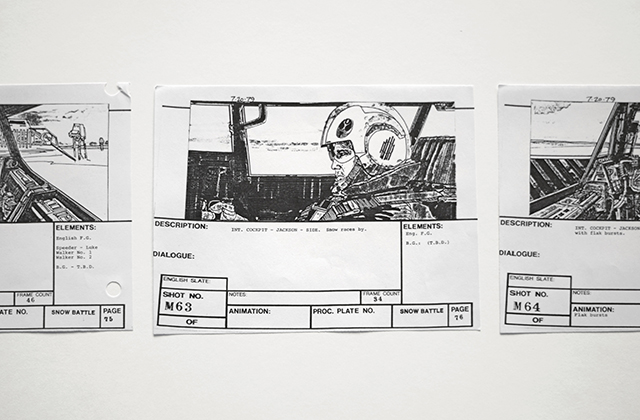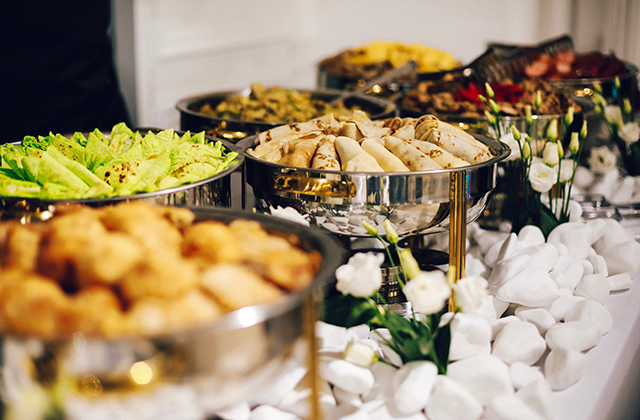Effective Social Media Post

The best social media management agency are the ones that speak to your audience. The more relevant, personalized and timely your posts are, the more likely they are to be shared and drive engagement. To get started with social media marketing, review these tips on how to create effective social media posts:
Write with your audience in mind. Focus on creating content that will resonate with them. Think about what they want to see and read about, and share content that is relevant for them. Your posts should be specific enough to attract attention but broad enough to reach a wide range of people.
Use images and videos in your posts. Images and videos get more engagement than plain text posts do, so use them whenever possible. If you’re sharing a video from YouTube or Vimeo, make sure it’s optimized for mobile viewing; otherwise it won’t play nicely on most phones or tablets.
One of the most effective ways to increase your social media following is through posting content that people want to read, share and engage with.
If you want your social media posts to get a lot of attention, you need to make sure they’re always on-brand and consistent with the rest of your marketing efforts.
Here are five tips for writing effective social media posts:
- Keep it short and sweet
- Use emojis and hashtags sparingly
- Write headlines that grab attention
- Use images that add value to your message
- Don’t post too often
The best content on social media is the kind that resonates with your audience. Whether you’re creating an infographic or video, it’s important to know what will resonate with your audience and why.
Here are five types of content that get the most engagement on social media:
Infographics: Infographics are a great way to share information in an appealing, easy-to-digest format. They usually have a lot of visual elements such as photos, charts and graphs that help people understand the information being shared. Infographics can be used to explain complex topics and help businesses reach new audiences.
Videos: Videos are a great way to grab attention, especially when they’re funny or relatable. They tend to generate more engagement than static images or text posts because they capture your audience’s attention for longer periods of time.
Visual storytelling: People love stories — especially if they’re told through images instead of words. Visual storytelling consists of using images with captions or quotes to tell a story instead of writing out paragraphs of text. This allows you to tell stories without having to spend hours crafting an essay-length post!
Effective social media posts are ones that get noticed and shared. Here are some tips that will help you create more engaging content:
Be authentic.
If you’re not an expert in your field, don’t pretend to be. You’ll come across as fake and people will see through it. If you’re not sure what to write about, ask yourself, “What do I want to learn about?” or “What am I passionate about?”
Use a conversational tone.
Keep things casual, friendly and natural. Write like you would talk to a friend — just make sure it’s a good friend!
Use visuals.
Visuals grab people’s attention and help them remember your message better than text alone does. Use images on Facebook or Instagram (or both), but don’t overload your post with too many photos or videos — one or two is usually sufficient for maximum effect and engagement.



